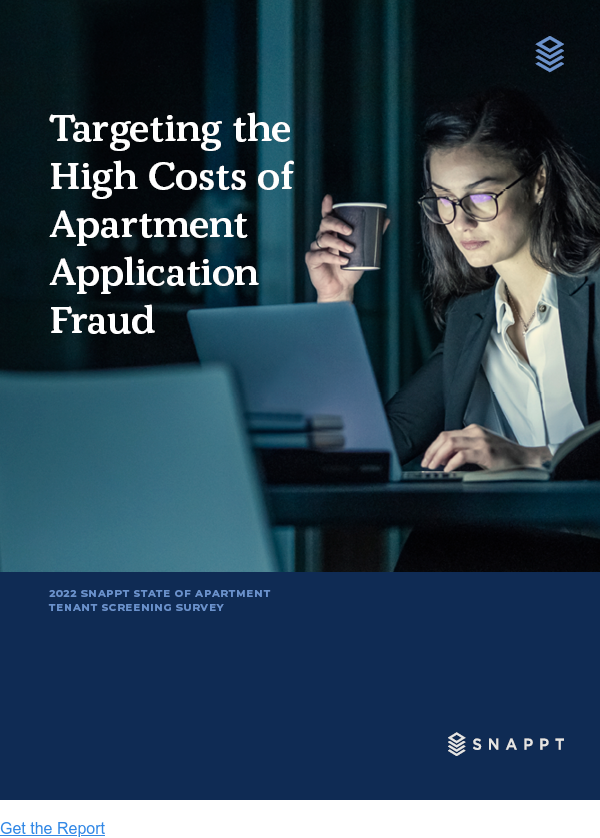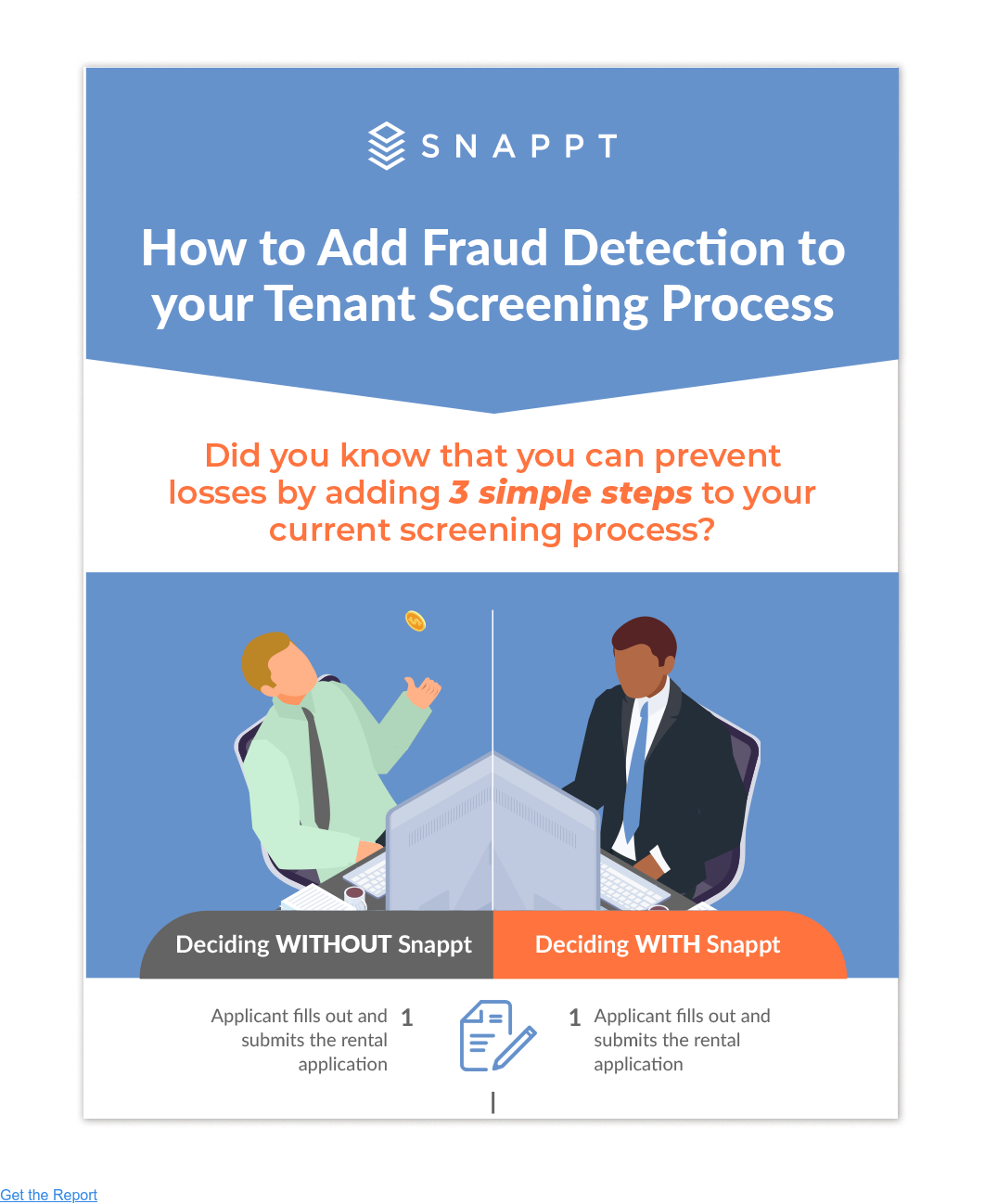Many applicants wonder what landlords look for during the tenant screening process. While there are many factors that should be considered, understanding the basic factors that landlords use to evaluate applicants is important. And, seeing these factors side by side can offer powerful insights for both parties. Once they are seen and understood, the applicant and landlord can become more successful in reaching an agreement during the resident screening process.
Landlords evaluate a potential resident based on financial stability, rental stability, and social stability. Listed below are tenant screening tip in each category and the factors that an applicant can control that may affect how a landlord views his or her ability to be a responsible renter:
Verify that your future tenant has financial stability
- Length of employment – does the new job mean they are finding success or that they face employment issues? Is long-term employment at the same company denote stability or staleness?
- Income to rent ratio
- Income to debt ratio – is there enough money to pay rent?
- Monthly minimum debt obligation
- Amount of savings - inevitably everyone falls on hard times, does the resident have enough money in his or her savings account to cover his or herself in the event of an unexpected bump in the road?
- Credit check- what story does it tell?
Financial stability is crucial because it determines whether a resident can weather a storm when times get tough. It shows what trajectory the resident is on in terms of becoming financially stable or less financially stable. These are all crucial elements for a landlord to consider before accepting a resident into his or her unit.
Does your potential tenant have rental stability?
- Length of last tenancy – is the resident just moving out of their parents’ home and this is the first time they will be living alone?
- Rental history – are there any collections from previous landlords or evictions that have occurred in the past?
- Ability to provide references- are there enough positive references to determine character?
Screen your prospective tenant for social stability
- Does the renter have pets?
- Is the renter a smoker?
- How many occupants per room?
- Background and criminal check- are there long-term patterns that affect rental stability?
- Being up front about any issues you might have had in your credit, job, or criminal history
Fair housing laws are also something to consider for both sides. According to Trulia.com “Under the Fair Housing Act and other laws, landlords cannot legally reject your application due to race, religion, ethnic background or nationality, gender, age, family status, or disabilities. However, landlords can use business or financial criteria such as credit scores, income minimums, or references indicating irresponsibility as a reason to reject an application. Landlords may also legally enforce their own rules about whether they'll allow smoking or pets in their properties.”
Whether you are a landlord or a renter, understanding the tenant screening process and these factors helps make this complicated process easier and more fruitful for all involved.











